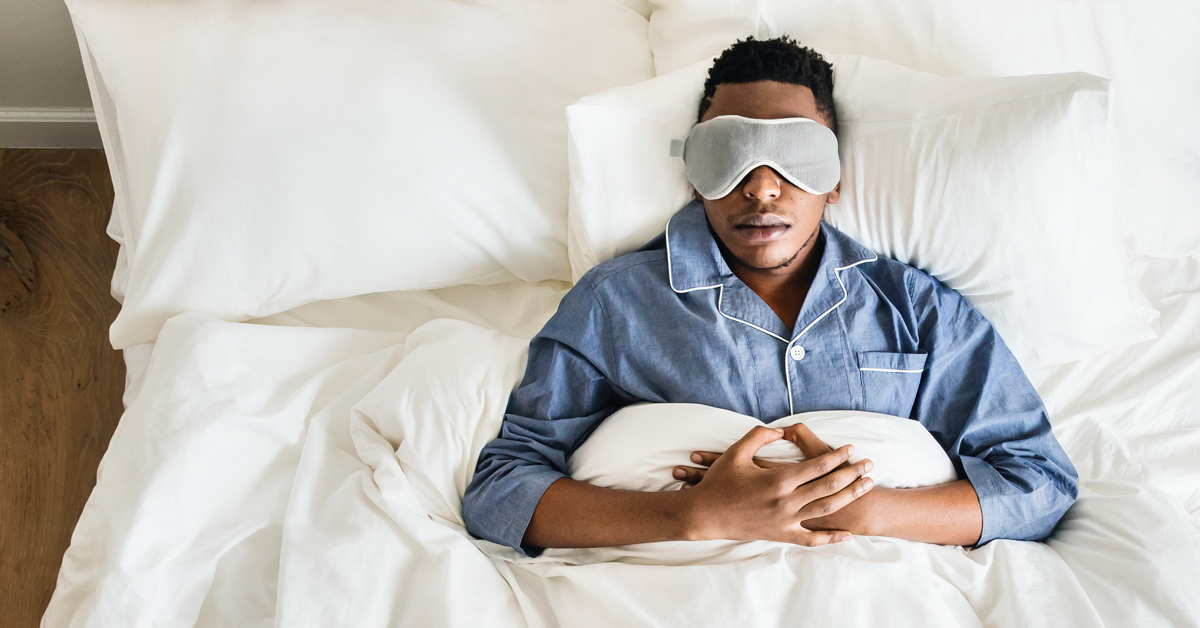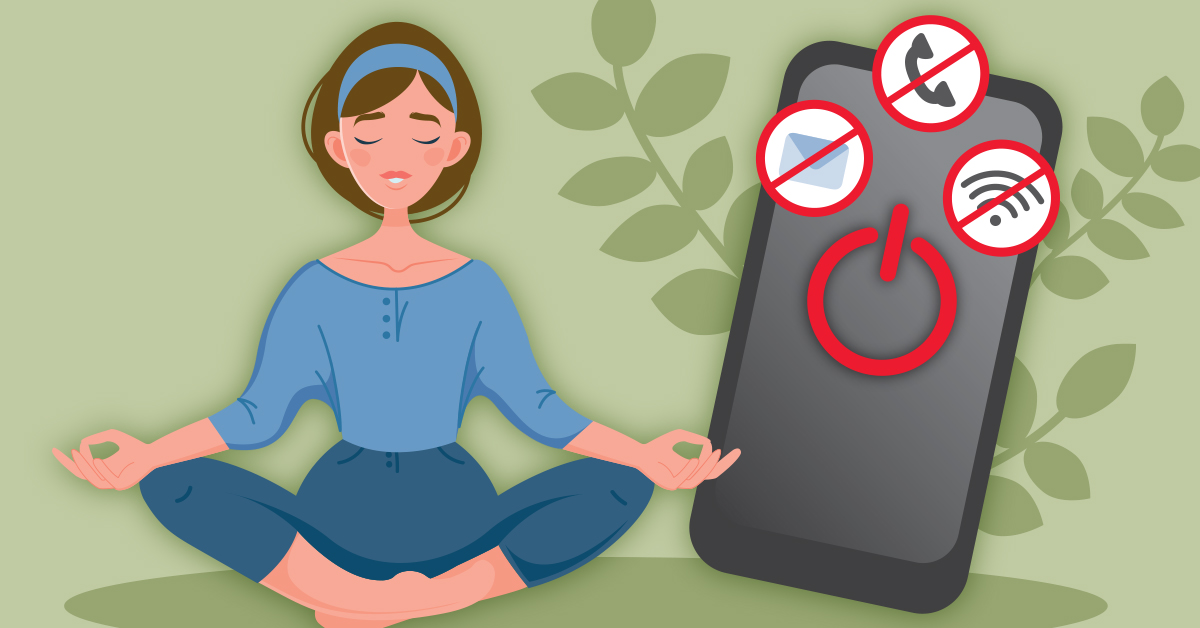Getting enough sleep is essential for our mental and physical well-being. It allows the body and mind to recharge and restore.
The benefits of sleep
Sleep health benefits go beyond rejuvenation. A good night’s sleep:
- Boosts the immune system and promotes healing
- Improves memory and concentration
- Helps with weight management
- Improves reaction time
- Lowers risk for chronic conditions such as diabetes and high blood pressure
- May lower the risk for depression
- Improves sexual function
- Slows the aging process
Sleep is as vital as regular exercise and eating a balanced diet when it comes to optimal health.
Getting enough sleep
But how much sleep is enough? That depends on your age. The National Sleep Foundation recommendations for sleep duration are broken down by age group.
| Age Rage | Recommended Hours of Sleep | |
| Newborn | 0-3 months | 14-17 hours |
| Infant | 4-11 months | 12-15 hours |
| Toddler | 1-2 years | 11-14 hours |
| Preschool | 3-5 years | 10-13 hours |
| School-age | 6-13 years | 9-11 hours |
| Teen | 14-17 years | 8-10 hours |
| Young Adult | 18-25 years | 7-9 hours |
| Adult | 26-64 years | 7-9 hours |
| Older Adult | 65+ years | 7-8 hours |
Sleep needs vary from person to person, even within the same age group. While you might feel well-rested after 7 hours of sleep, your partner might need 9 hours to feel refreshed. If you experience any daytime drowsiness, rely on caffeine to keep you going throughout the day, or find yourself tossing and turning during sleep, you may want to reassess your sleep needs.
This sleep calculator factors your bedtime based on wake-up time, completing 5-6 90-minute sleep cycles, and allows for 15 minutes to fall asleep.
| Wake-up time | Bedtime 7.5 hour of sleep (5 cycles) | Bedtime 9 hour of sleep (6 cycles) |
| 4:00 am | 8:15 pm | 6:45 pm |
| 4:15 am | 8:30 pm | 7:00 pm |
| 4:30 am | 8:45 pm | 7:15 pm |
| 4:45 am | 9:00 pm | 7:30 pm |
| 5:00 am | 9:15 pm | 7:45 pm |
| 5:15 am | 9:30 pm | 8:00 pm |
| 5:30 am | 9:45 pm | 8:15 pm |
| 5:45 am | 10:00 pm | 8:30 pm |
| 6:00 am | 10:15 pm | 8:45 pm |
| 6:15 am | 10:30 pm | 9:00 pm |
| 6:30 am | 10:45 pm | 9:15 pm |
| 6:45 am | 11:00 pm | 9:30 pm |
| 7:00 am | 11:15 pm | 9:45 pm |
| 7:15 am | 11:30 pm | 10:00 pm |
| 7:30 am | 11:45 pm | 10:15 pm |
| 7:45 am | 12:00 am | 10:30 pm |
| 8:00 am | 12:15 am | 10:45 pm |
| 8:15 am | 12:30 am | 11:00 pm |
| 8:30 am | 12:45 am | 11:15 pm |
| 8:45 am | 1:00 am | 11:30 pm |
| 9:00 am | 1:15 am | 11:45 pm |
Need some help getting better sleep? The Mayo Clinic recommends adopting healthy habits that encourage better sleep:
- Stick to a sleep schedule –a consistent bedtime and wake-up time reinforces your body’s sleep-wake cycle.
- Be aware of what you eat and drink–large meals before bedtime can disrupt sleep, as can hunger. Also, limit nicotine, caffeine, and alcohol.
- Create a restful environment–a cool, dark, quiet room is ideal for sleep. If needed, turn on the A/C or a fan, install room-darkening shades, use an eye mask, or consider earplugs.
- Limit naps– long naps can throw the sleep-wake cycle upside-down. Limit naps to 30 minutes, and avoid late afternoon naps altogether.
- Exercise–regular physical activity, especially outdoors, promotes better sleep.
- Manage stress–try to resolve any worries before bedtime. Stress management techniques, including mediation, may help.
If you struggle with sleep consistently, talk to your provider about it. Identifying any potential underlying conditions impacting your sleep is an essential step in getting a good night’s sleep.














